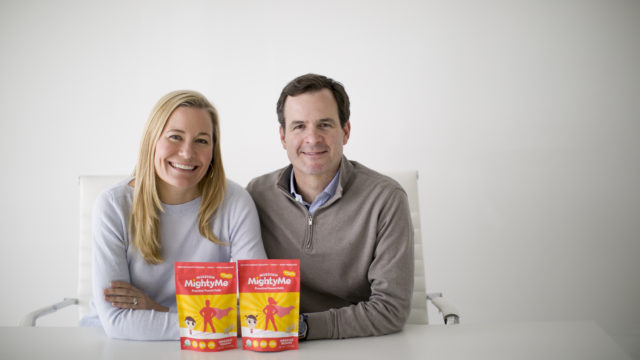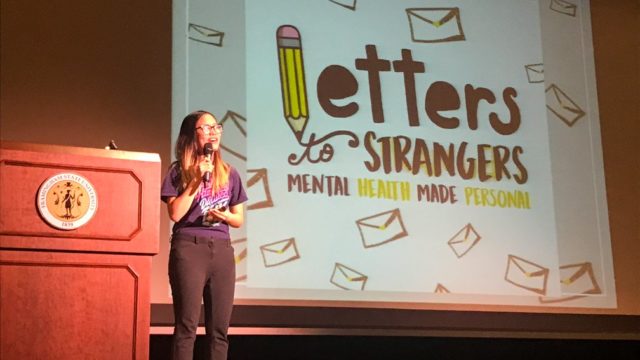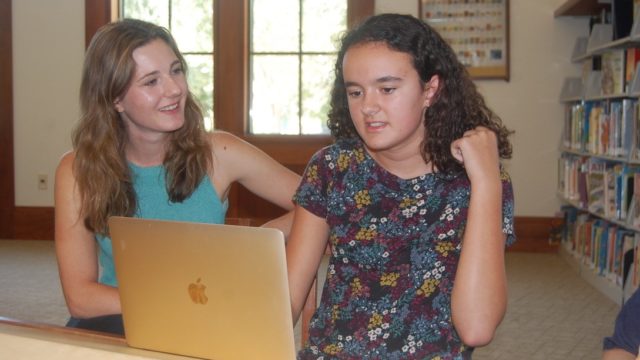
Exceeding High Expectations
In Johana Oviedo’s journey from a port city in northern Colombia to medical school at Stanford University in Palo Alto, CA, she has had to overcome much more than physical distance. Her mother brought her to Miami, FL, on a tourist visa when she was nine years old and decided they should stay in the U.S. to avoid going back to Colombia, where conditions were deplorable for them. They obtained Green Cards after two years without documentation, living with all the uncertainty accompanying that status. To help make ends meet, she and her mom lived with her aunt and cousins. No one in Johana’s family had graduated from high school or gone to college. Yet, from the time she was a baby, her mother told her that’s what she would do. The constant refrain of her mother’s words likely made the difference in Johana’s decisions about school and her future.
“There had been teenage pregnancies in my family and I saw how those girls’ lives were affected,” she remembers. “That experience, coupled with my mother’s expectations of me, motivated me to continue going to school.”
Her high school in Miami had a predominantly Latino student population and teenage pregnancy was a “big problem” that fueled her interest in reproductive health and sex education for teenagers. “In the Latino community, families do not really discuss pre-marital sex,” she explains. “And, teenage pregnancy is the root of so many problems – it’s one of the biggest issues affecting minorities and preventing them from getting an education that will lead to better jobs. If people can get a college degree, it will change their lives forever and break the cycle of young kids having babies. Giving girls the information they need to protect themselves will empower them to make decisions and believe they can do something else.”

Johana with her mother at the University of Oxford
Johana’s own decisions led her to graduate Summa Cum Laude from Tufts University in Boston and included a yearlong study abroad at the University of Oxford in England. While at Tufts, she helped to run programs in reproductive health for young adults. After graduating, she spent a year doing public health research with Boston inner-city elementary school children who suffered from asthma. Her Coca-Cola scholarship enabled her to get the only laptop computer she ever owned and helped her to photographically document her year in England. But more than that, being a Coca-Cola Scholar opened her eyes to a world she’d never known and the extraordinary accomplishments of her peers.
“When I went for the Scholars Weekend, I had never stayed in a fancy hotel. It was the first time I spoke to people from different backgrounds about their religions and cultures and it was an incredible experience to meet so many amazing people,” she recalls. “I realized that only greatness can come from bringing together kids from such diverse backgrounds. As a Coca-Cola Scholar, I have a group of people I can connect with wherever I go. In fact, two of my classmates at Stanford are 2004 Coca-Cola Scholars and we stay in close contact.”
Johana is now very involved with Medical Students for Choice and is on the organization’s Board of Directors, primarily because she was taken aback by the inconsistencies in medical education with respect to contraception and abortion. She hopes her three years on the Board will help advance medical school curricula to enable all physicians to receive adequate training in women’s health issues.
Upon finishing medical school, Johana hopes to complete a residency in Obstetrics and Gynecology and continue her work in reproductive health in an underserved urban community.
“I was brought to this country in an unorthodox way, but because my mother, my teachers and the Coca-Cola Scholars Foundation had expectations of me, I rose to the occasion.”




